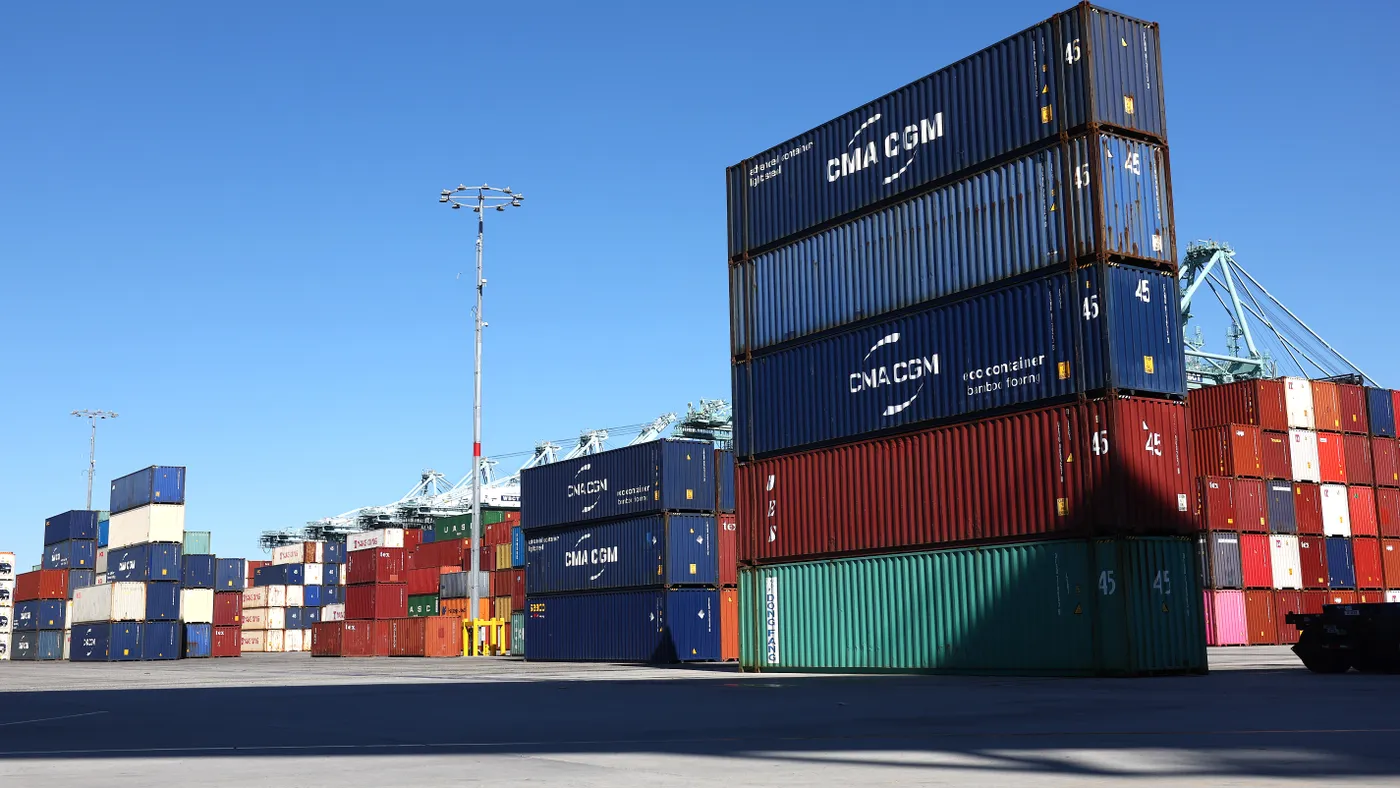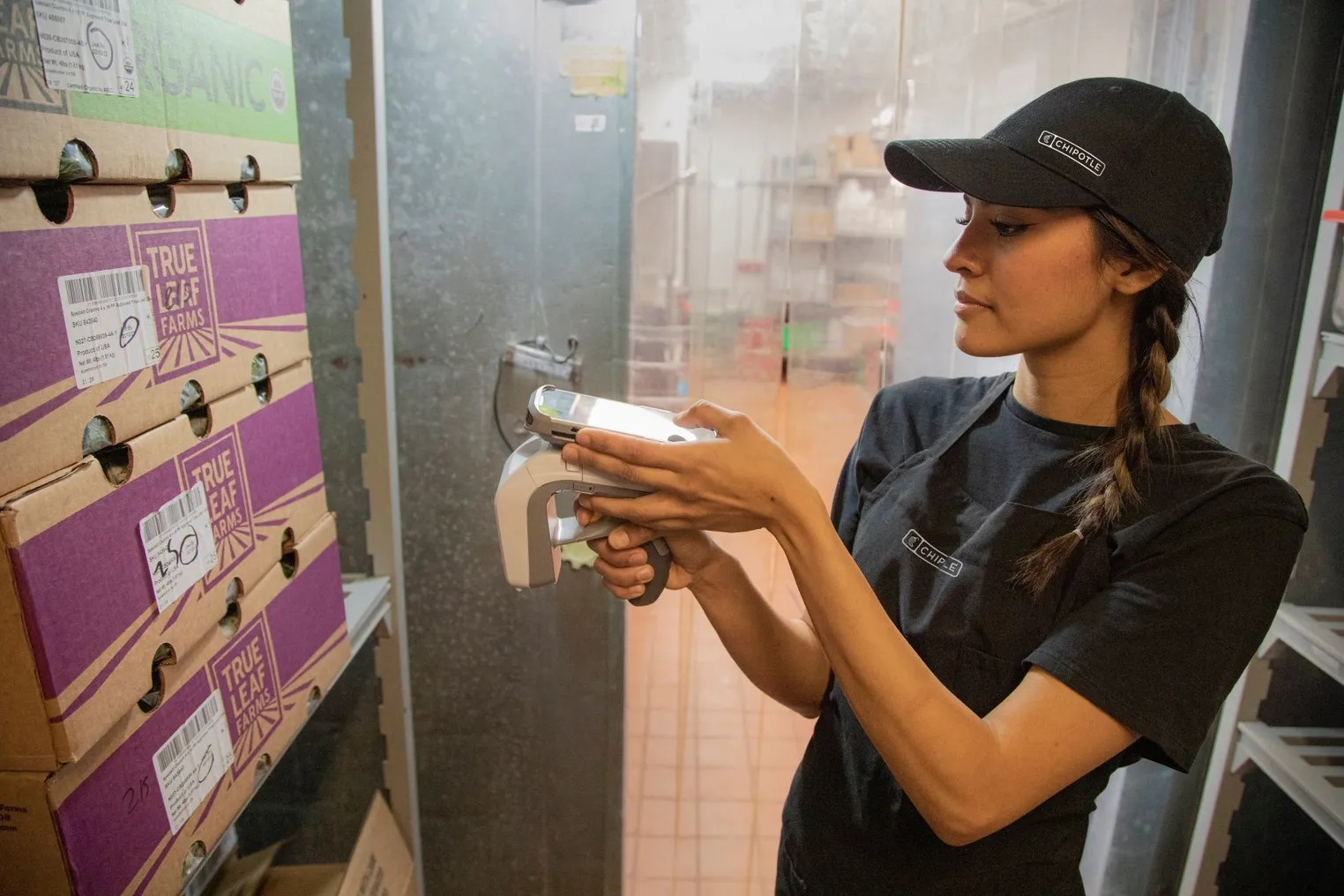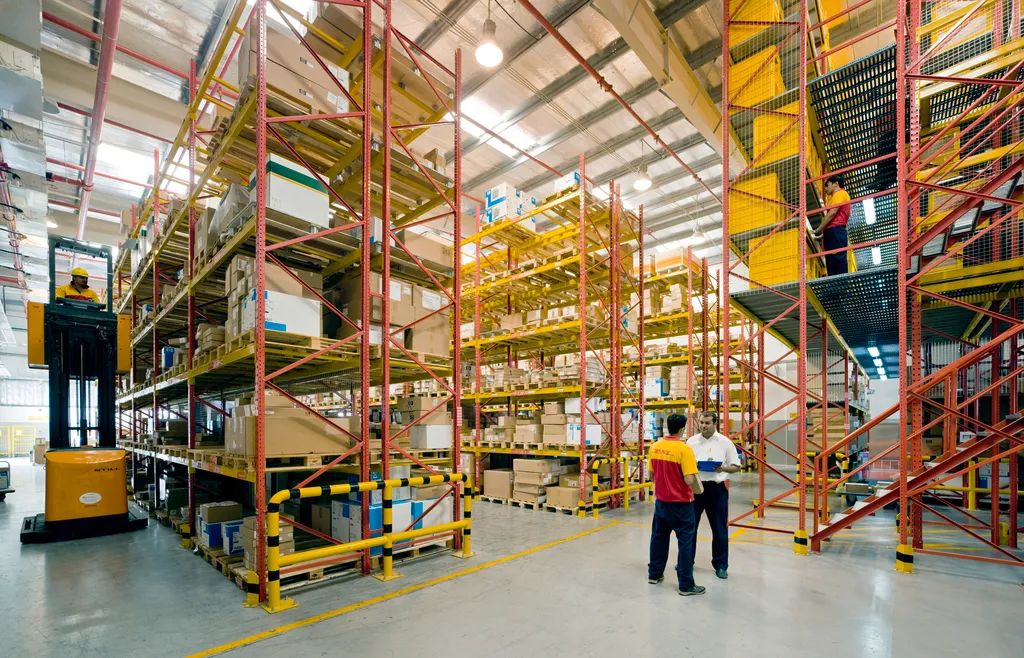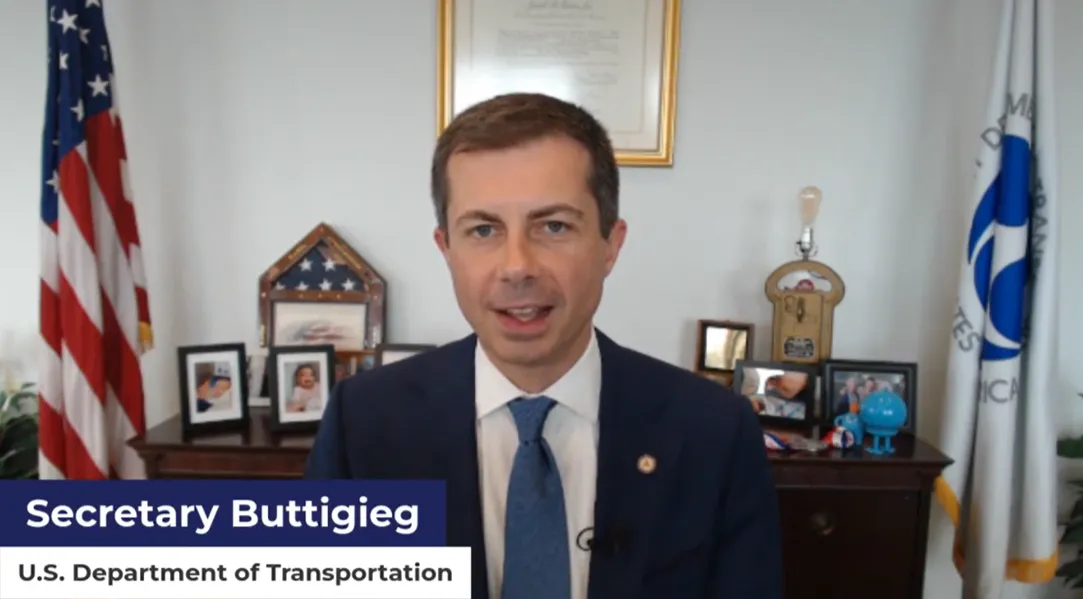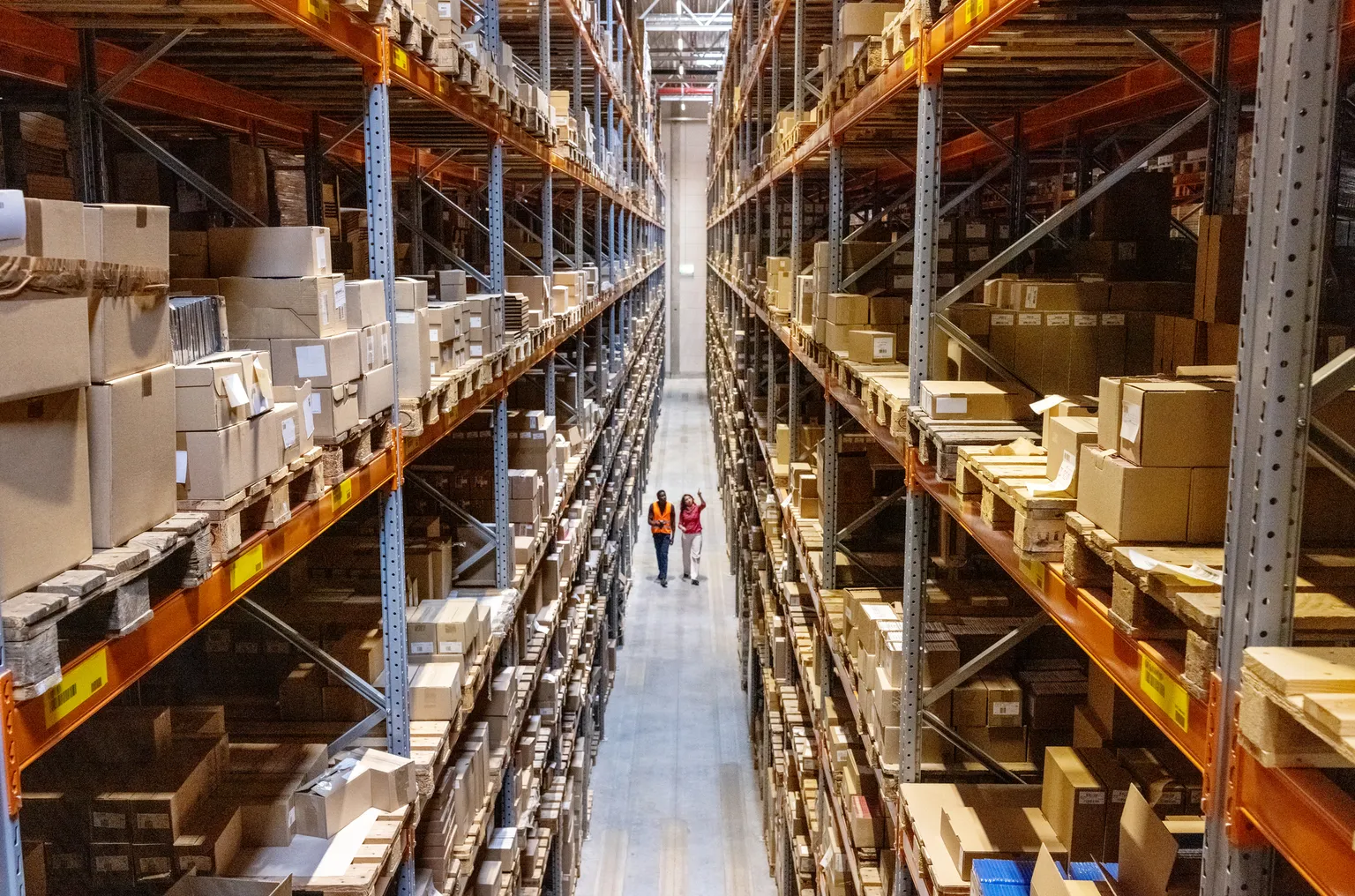
Insource or outsource fulfillment? Companies weigh cost vs. control
For companies deciding whether to insource their fulfillment operations or outsource them to a third-party logistics provider, there is no one-size-fits-all approach.
Company size, growth trajectory, distribution costs and customer service needs are just a few of the factors businesses need to consider, experts told Supply Chain Dive. Shipping disruptions, demand swings and inflationary pressures have also influenced companies' decisions in recent years.
"You have to have a clear vision of what you're trying to get out of it, and not just thinking with a single-minded cost type of mindset," Jeremy Tancredi, a partner in West Monroe’s Operations Excellence practice, said.
Here are the key reasons why some companies use a 3PL, while others handle their fulfillment in-house.
Outsourcing gives businesses room to grow and save
Tancredi has seen more companies shift to a 3PL-centric model amid the volatile demand environment of the past few years. Emerging, fast-growing companies will likely face challenges insourcing their fulfillment operations due to capacity management issues, he added.
"You don't have the flexibility," Tancredi said. "You're either buying a giant warehouse to grow into and have a lot of wasted space and paid a lot initially, or you're going through this exercise of short-term leases and trying to find a bigger space."
Ninaad Acharya, co-founder and CEO of Fulfillment IQ, said he's seeing more instances of companies outsourcing as of late, save for businesses with particularly unique or complex fulfillment operations. Succeeding in fulfillment means achieving a high throughput and a low cost per unit fulfilled — a tall order when distribution isn't part of many companies' core competencies.
"Sometimes you have the dichotomy of what your organizational culture happens to be as a brand, versus what you have to do inside the warehouse environment," Acharya said. "It's culturally kind of misaligned, and it might not be the core of your business."
The Singing Machine Company shifted from an in-house logistics operation to an outsourced model in 2023 as it sought to avoid rising commercial real estate, labor and supply chain costs. The karaoke products company estimated the change would eliminate $2.8 million annually in fixed rent expense and labor costs.
"If you need control, you are probably willing to absorb friction to do your own logistics. If you can standardize your process, using a 3PL will almost always save you money."

Bill D’Alessandro
CEO of Natural Dog Company
Natural Dog Company also saw cost savings after outsourcing its fulfillment to a 3PL in Q4 of 2023, CEO Bill D’Alessandro said in a LinkedIn post earlier in 2024. The move will help the company save $750,000 annually on postage alone, and $500,000 from reduced rent and payroll expenses.
"Not only are we saving money, we can now reach 90% of US addresses in 3 days or less," D’Alessandro said.
While D’Alessandro noted in the post that having more control over the company's fulfillment process was helpful a few years ago, outsourcing has been "a huge relief." Other companies considering doing the same have to consider the balance they want to strike in terms of control versus cost savings, he added.
"If you need control, you are probably willing to absorb friction to do your own logistics," he wrote. "If you can standardize your process, using a 3PL will almost always save you money."
Companies tap insourced fulfillment for more control
Insourcing fulfillment operations offers its own upside. Experts say it gives companies more control over the customer service experience, which can be handy in keeping major customers happy. Frost Buddy co-founder and COO Mitch Mammoser said in a LinkedIn post earlier in 2024 that control was a key factor in transitioning to in-house fulfillment after two and a half years with 3PL ShipBob.
"For us, it strictly came down to cost of shipping and labor and having more control," Mammoser wrote.
Tea seller DavidsTea also insourced its fulfillment operations in 2023 following online order delays from its previous provider. The company decided not to go with another 3PL after determining “no other organization could match the entrepreneurial spirit and innovation required to ensure we improve the overall brand experience for our consumers and our own staff,” President, CFO and COO Frank Zitella said on a December earnings call.
"For us, it strictly came down to cost of shipping and labor and having more control."

Mitch Mammoser
Frost Buddy co-founder and COO
While outsourcing fulfillment has helped some companies trim their expenses, those that achieve a large enough operational scale can potentially fulfill their own goods at a lower cost, West Monroe's Tancredi said.
"Volume solves a lot of problems, so if you have enough volume, you can do it at cheaper cost per unit than most 3PLs, assuming you can get that initial investment recouped," Tancredi said.
The pandemic pushed many companies to tap into 3PLs for added capacity, but businesses are now more aggressively targeting cost savings in their supply chain operations, said Bo Thomson, VP of consulting at enVista, a supply chain and enterprise technology consulting firm. That could lead to heightened insourcing activity, at least among the companies with mature or complex supply chains that are typically drawn to insourcing.
"How do you become more efficient? At some point, you're kind of limited," Thomson said. "That's why you see some more people insourcing now.”

